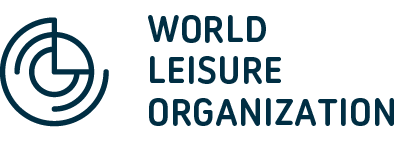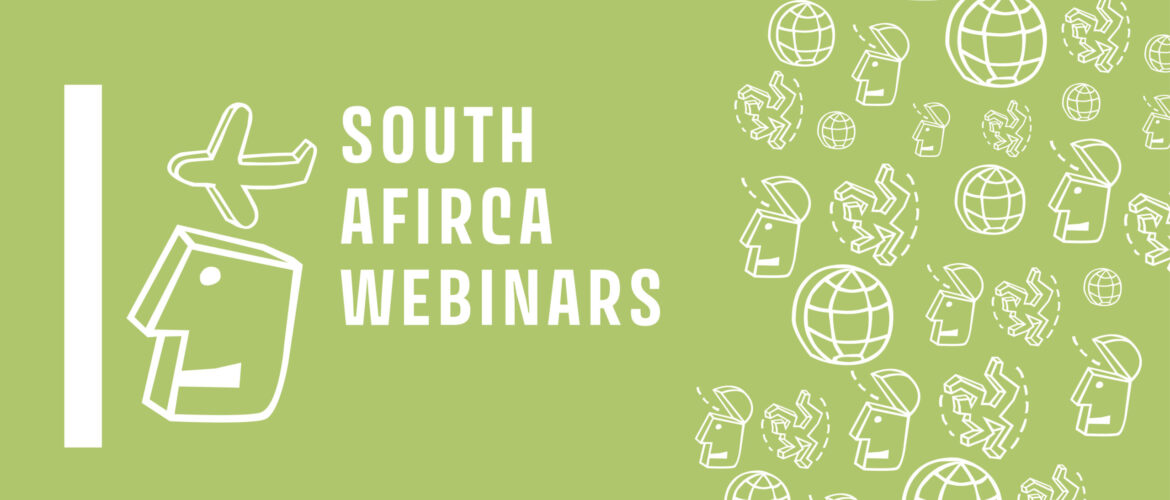By Dr. Marié Young, Department Sport, Recreation and Exercise Science, University of the Western Cape; member of the WLO Board of Directors
In collaboration with the WLO and the Western Cape Department of Cultural Affairs and Sport (WCDCAS), the last two webinars for 2020 were hosted on the 13th and 27th November, respectively. The topics were very relevant and highlighted the need for further research and discussions to take place on a global scale.
The first webinar was titled “Measurement and Evaluation of Recreation Programmes”. Prof. Christo De Coning (Freelance academic and consultant as M&E Specialist), WLO Board member Maria Luiza de Souza Dias (Manager of Physical and Sportive Development of SESC São Paulo, Brazil) and WLO SIG chair Dr. John R Tower (Victoria University, Melbourne, Australia) spearheaded the presentations and discussions with 43 participants present in the session. The presentations were very complementary to one another. Prof. De Coning started by presenting the relevance of measurement and evaluation (M&E) in the field of leisure and recreation in the context of South Africa and what was needed. He provided contextual meaning to the concepts and shared a research study conducted in the Western Cape, South Africa in sport “and recreation” (mass participation sport). He further raised the concern that it is difficult to determine the impact of leisure and recreation as there were little to no indicators developed that could be used for M&E. If was noted that there is a need for standard definitions and indicators to be developed for the field. Ms. Dias presented the management and evaluation practices of the SESC centres. SESC prides on their management and evaluation actions at their centres. Ms. Dias noted that the SESC aims to provide quality of life and well-being to workers in the Commerce, Goods, Services and Tourism segments, their families and the whole society. Their values lie in contributing to the socio-economic and cultural development in Brazil through social and educational actions and a wide variety of services that encourage the exercise of citizenship. Services are presented in a democratic and equal manner to a multicultural society. They make use of multiple tools to evaluate their outputs and have good processes in place to monitor those. Dr. Tower provided a more academic understanding of what M&E entail following a very pragmatic approach. He echoed the need for South Africa to develop indicators and informed the platform that some international indicators do exist and could be adapted. He highlighted the challenges that the recreation services in South Africa. These lies in people skills, adequate resources and commitment to the evaluation process. Together these presentations provided a good sense of the current situation and the need to develop global indicators for practitioners to use to evaluate their programmes.
The second and last of the 2020 webinar series addressed a much undervalued topic, “Leisure and the Aging population during the COVID-19 Pandemic”. In preparation for this webinar, it was discovered that this is a population that is undervalued and leaves a gap in research and engagement for practitioners. The webinar was also a very good fit after the previous webinar on M&E, as programmes for the elderly would be regarded as one of the outputs that would need to be measured. The webinar took on a different form, as two of the three presenters were not able to present in person. They shared their presentations in video format and as such, it required participants to be more active in the discussion session.
The speakers in the webinar were Prof. Julie Stanford Son (Professor and Coordinator of Recreation, Sport and Tourism, Department Movement Sciences, University of Idaho, USA), Michel Beauregard (Director General of Recreotourisme Repentigny.com, Montreal, Québec, Canada) & Mrs. Claudia Andrews (Occupational Therapist, Livewell Centre, Somerset West, Cape Town, South Africa) with 20 participants in the session. Mr. Beauregard shared innovative leisure activities that were followed in Canada during the pandemic. Especially when the elderly were isolated and not able to move out of their residences. These lessons stimulated further discussions on how innovative practices must be explored and implemented not just during times of crisis but in general as this population is under served. Mrs. Andrews shared her heartfelt experiences as a practitioner in a centre for seniors with dementia. She highlighted that although activities are important, more important was the social contact that the elderly need. For them, just holding ones had as a leisure past time was most valued. Also, integrating technology into interventions were found very useful. All presenters agreed that the most important aspect dealing with the elderly during critical times such as this pandemic is clear communication and keeping contact with them. Participant discussions provided some more innovative activities that they were involved with in their communities before the pandemic and emphasised the need to see how activities can be adapted in times of crisis.
The SA Webinar series will continue in 2021 with a webinar hosted every once a month starting February 2021.





Leave a Comment